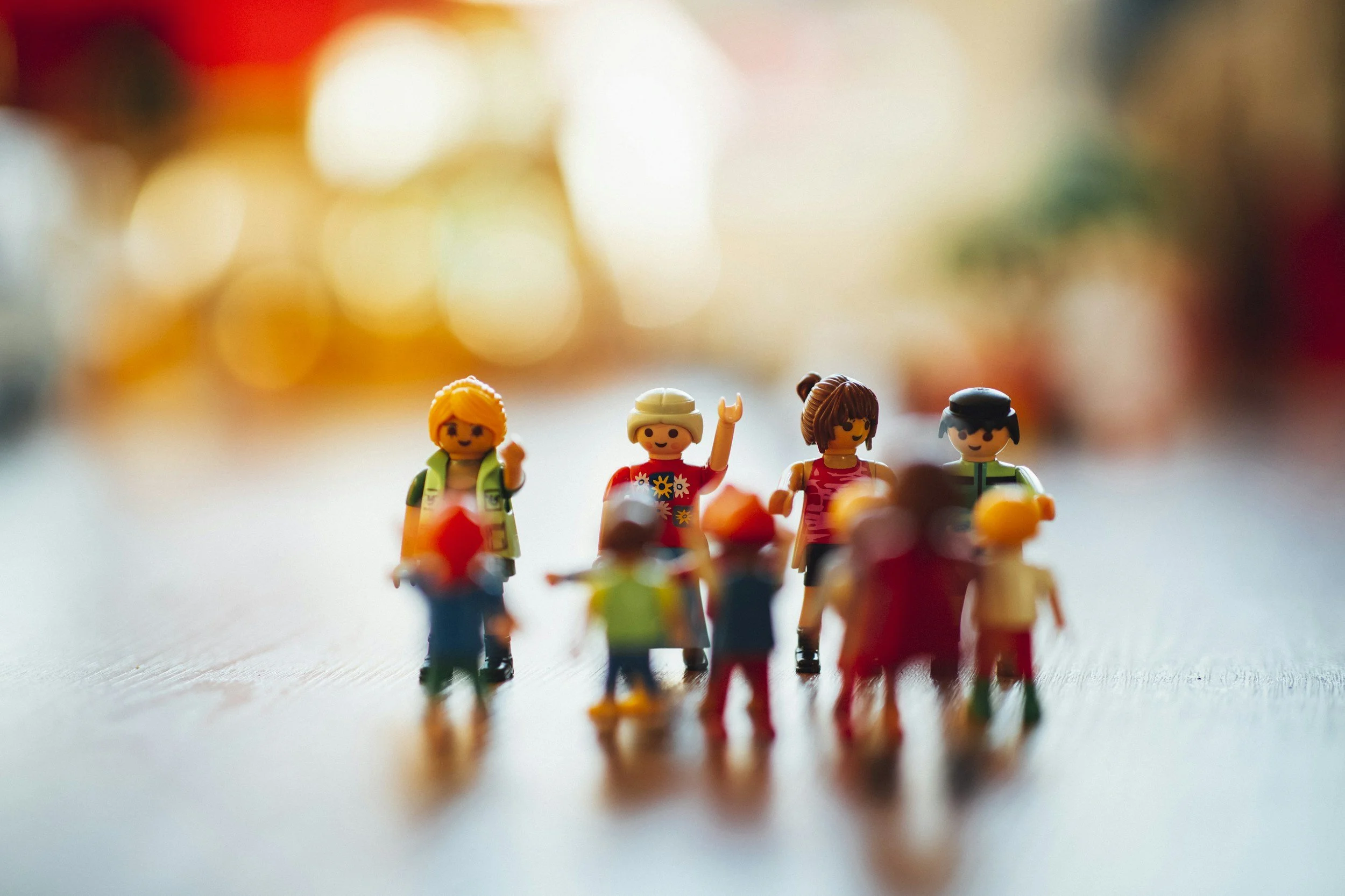
Play Therapy for Children and Teens
Play is the natural language of all kids, and toys are their words.
Play therapy utilizes the therapeutic power of play to help children explore their thoughts, emotions, and somatic experiences, to promote healing, growth, and long-term development.
The Science Behind Play Therapy
Play occurs in the first 6 months of life through sounds, facial expressions, and physical movements. Before we learn how to speak, play is the primary way of human interaction. Infants play with their parents while the nervous system develops. These social interactions with parents help establish an optimal range of stimulation through blending the social engagement system and the sympathetic system (fight or flight response), helping the infant explore what their limits are and how to regulate when they fall out of their range.
Play is also the building block of connection as it increases level of oxytocin, activates mirror neurons, promotes neuroplasticity, and facilitates empathy and trust. With a strong connection with the therapist, the child gets to access a safe space for healing and growth. As you might heard many times already, your relationship with the therapist is the most important factor for therapy effectiveness!
The therapeutic powers of play include facilitating communication, fostering emotional wellness, enhancing social relationships, and increasing personal strengths. Each of them helps promote healthy human development through producing desired neurobiological changes in the brain. In other words, play is the mediator of change. Playing is a lot of work!
Play Therapy Benefits Kids With:
Anxiety Related Disorders
Attachment Issues
Depression and Mood Disorders
Trauma and Grief
Behavioral Issues
Interpersonal Relationship Challenges
Neurodivergent Conditions
Developmental Disorders
Executive Functioning Difficulties
Low Self-Esteem
FAQs
-
Yes! Kids learn to regulate when they are in the flow of play through the techniques of tracking, direct and indirect teaching. Often times, they are able to come up with their own strategies to get their needs met in a safe and accepting environment.
-
It is true that they just played, and they also did a lot of work while playing! Play is a kid's natural way of expressing themselves, even if it sometimes doesn’t fit the stereotyped response we typically understand.
-
There is a cause behind every behavioral issue. The play therapist’s job is to explore what the cause is and address from the root.
-
While play therapy is often effective for many kiddos, there could be exceptions! The play therapist’s job is also explore what works for the kiddo and create an individualized treatment plan to meet their needs. If play therapy is not what the kiddo needs, there are always other treatment options available.
At the same time, it takes time for the therapist and kiddo to build a relationship and determine what treatment is the best fit. Sometimes it only takes a couple of weeks, sometimes months!
